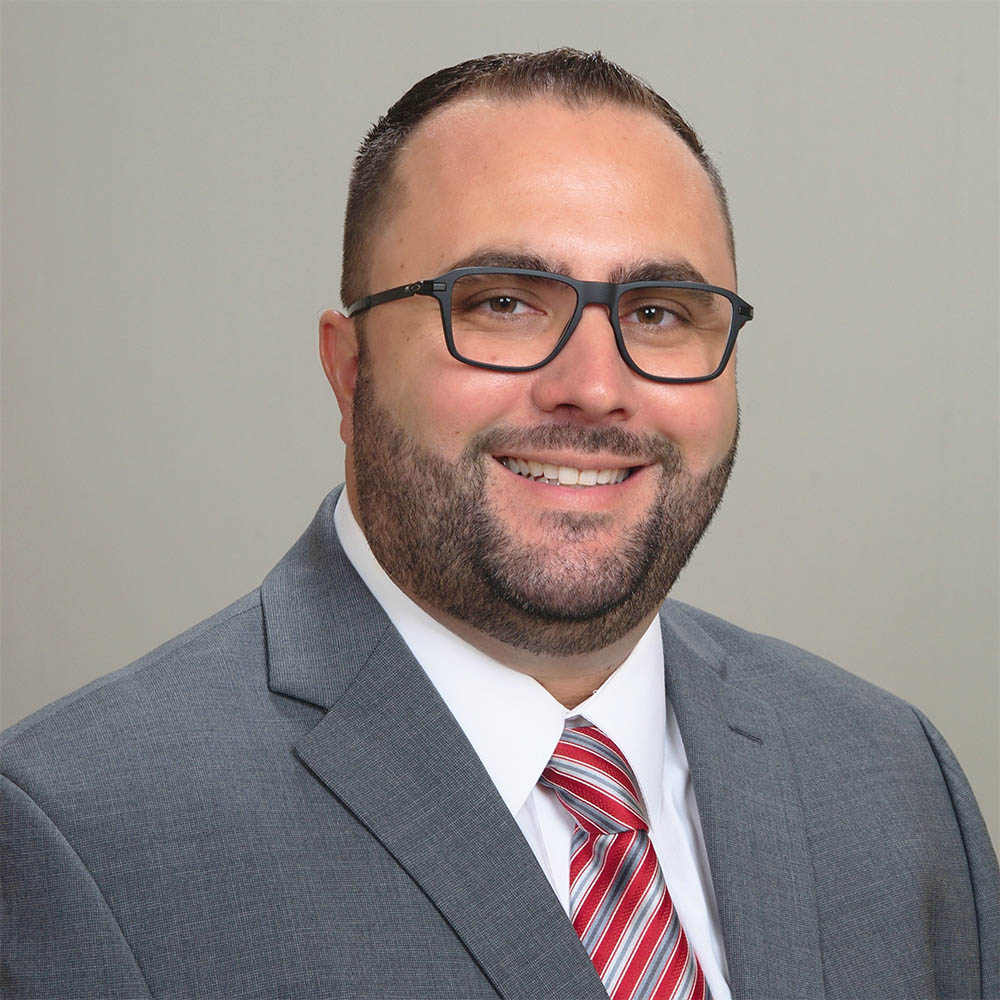Dealing with the aftermath of a hurricane is already a stressful experience. On top of assessing the damage, filing insurance claims, and making repairs, homeowners often face frustrating delays from their insurance companies. When an insurer fails to handle your hurricane damage claim promptly, you may wonder whether legal action is an option. The short answer is yes—you can sue your insurance company for delaying your claim, but the process involves several legal steps and requirements.
Insurance Companies’ Duty to Act Promptly
Under Florida law, insurance companies are required to act in good faith when processing and handling claims. This means they must investigate, evaluate, and settle claims fairly and promptly. While some delays may be inevitable due to the volume of claims filed after a hurricane, excessive or unjustified delays could be grounds for legal action. Florida Senate Bill 2A states that insurers have 60 days to provide payment or deny a claim after receiving notice unless circumstances are beyond their control.
Common Causes of Delay in Hurricane Damage Claims
Delays in processing hurricane damage claims can occur for a variety of reasons. While some delays may be legitimate, others could indicate an insurer is acting in bad faith. Common reasons for delays include:
- Volume of Claims: After a major storm or hurricane, insurance companies often face an influx of claims, leading to delays in inspections, processing, and payouts.
- Insufficient Documentation: Insurers may claim that they haven’t received enough documentation from the policyholder, such as photos of the damage or repair estimates, as an excuse for delay. However, some companies may use this as a stalling tactic to avoid making timely payments.
- Disputes Over Damage Causes: Disputes about whether the damage was caused by wind, flooding, or pre-existing conditions can slow down the process. This can be especially problematic if the insurer tries to shift responsibility to other insurance coverage.
- Denials or Lowball Offers: In some cases, insurers may delay the claims process by making a lowball settlement offer, which requires additional negotiation before a fair payout is made. This tactic can pressure homeowners into accepting less than they deserve.
- Poor Communication: Some insurance companies may simply fail to communicate effectively with policyholders, leaving you in the dark about the status of your claim.
When Delay Becomes Bad Faith
When an insurance company unreasonably delays handling or paying your hurricane damage claim, this could be considered “bad faith.” Bad faith occurs when an insurer fails to act fairly and honestly in handling your claim. In Florida, bad faith insurance practices are taken seriously, and policyholders have the right to sue their insurers if they believe bad faith is involved.
Some signs of bad faith include:
- Failure to communicate: The insurance company repeatedly ignores phone calls, emails, or letters, leaving you uncertain about the status of your claim.
- Unreasonable requests for documentation: If the insurer keeps requesting the same documentation or asks for unnecessary documents to delay the process.
- Misrepresentation of policy terms: The insurer may attempt to mislead you about what is covered under your policy to avoid paying a claim.
Filing a Bad Faith Insurance Claim
If your insurance company is dragging its feet on processing or paying your hurricane damage claim, you may have grounds to file a bad faith claim. Here’s how the process works:
- Document Everything: Keep detailed records of every interaction with your insurance company, including emails, phone calls, and letters. Make note of the dates, names of the representatives you spoke with, and the outcome of each communication.
- Request a Written Explanation: If your claim is being delayed, ask the insurance company to provide a written explanation for the delay. This documentation can help support your case if you decide to take legal action.
- Contact an Attorney: An experienced insurance attorney can help you assess whether the insurer is acting in bad faith. Your attorney can guide you through the process of filing a bad faith claim and represent your interests in negotiations with the insurance company.
- File a Civil Remedy Notice: In Florida, before you can file a lawsuit for bad faith, you must file a Civil Remedy Notice (CRN) with the Florida Department of Financial Services. The CRN informs the insurer of the alleged bad faith actions and gives them a 60-day window to remedy the situation. If the insurer fails to address the problem within that time, you can then proceed with a lawsuit.
- Suing the Insurance Company: If the insurer does not resolve the issue during the CRN process, you can file a lawsuit. If successful, you could be awarded compensation for the full value of your claim and additional damages for the insurance company’s bad faith actions. In some cases, this could also include attorney’s fees and court costs.
Why Legal Help is Important
Filing a lawsuit against an insurance company can be a complicated and daunting process, especially when dealing with the aftermath of a hurricane. Insurance companies have lawyers working to protect their interests, so it’s crucial to have experienced legal representation on your side.
Attorneys with experience in bad faith insurance cases, like Tomlinson Law Group, understand the tactics insurers use to delay or deny claims. They can help you navigate the legal process and advocate for your rights to ensure you receive the compensation you deserve. Whether negotiating a fair settlement or taking the case to court, having a skilled attorney by your side increases your chances of success.
How Tomlinson Law Group Can Help
If your insurance company unreasonably delays damage claims, you don’t have to accept their excuses. Florida law provides strong protections for policyholders, and you have the right to sue for bad faith if your insurer is not handling your claim fairly. At Tomlinson Law Group, we help homeowners hold insurance companies accountable. Contact us today for a consultation, and let us help you get the compensation you’re entitled to.


